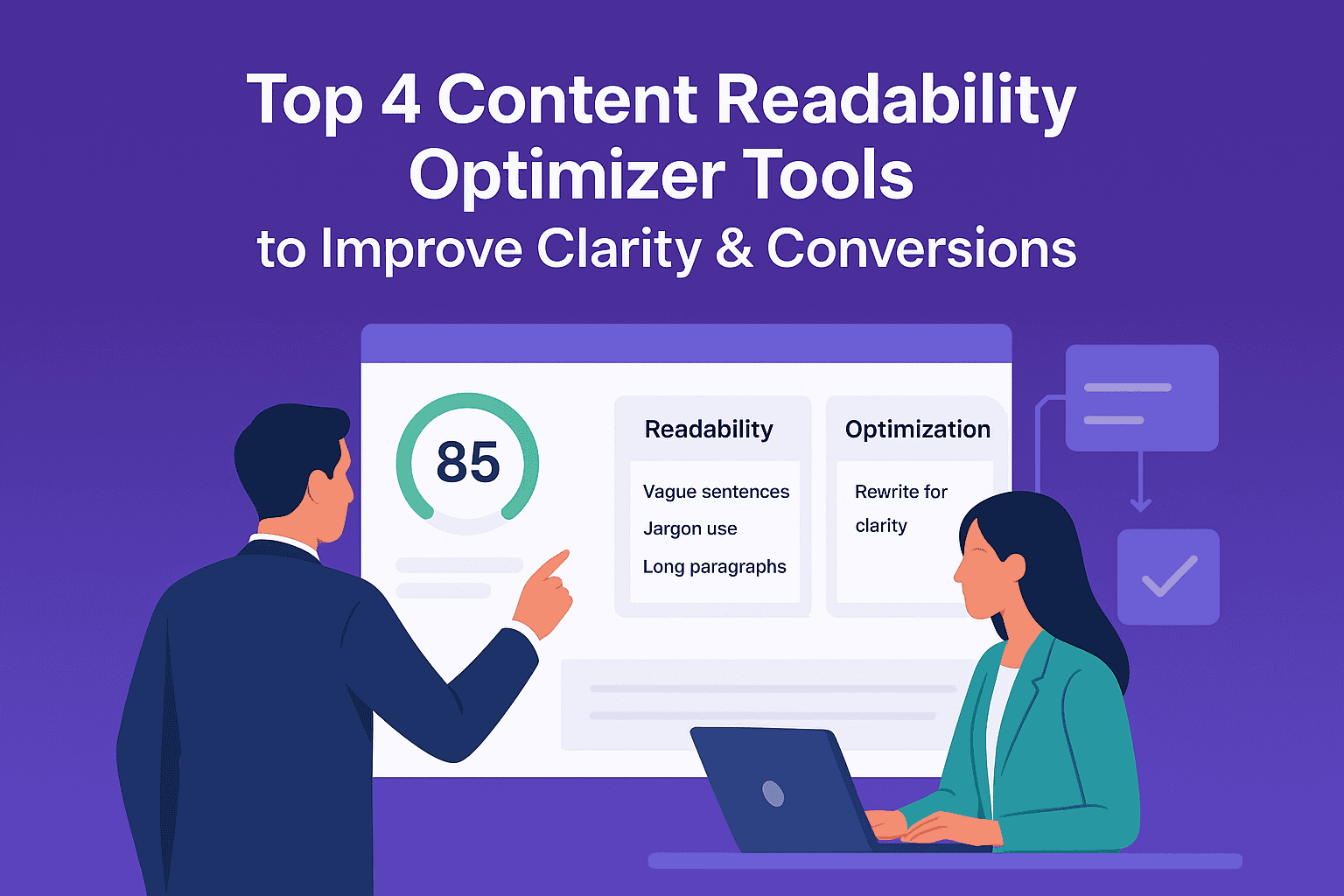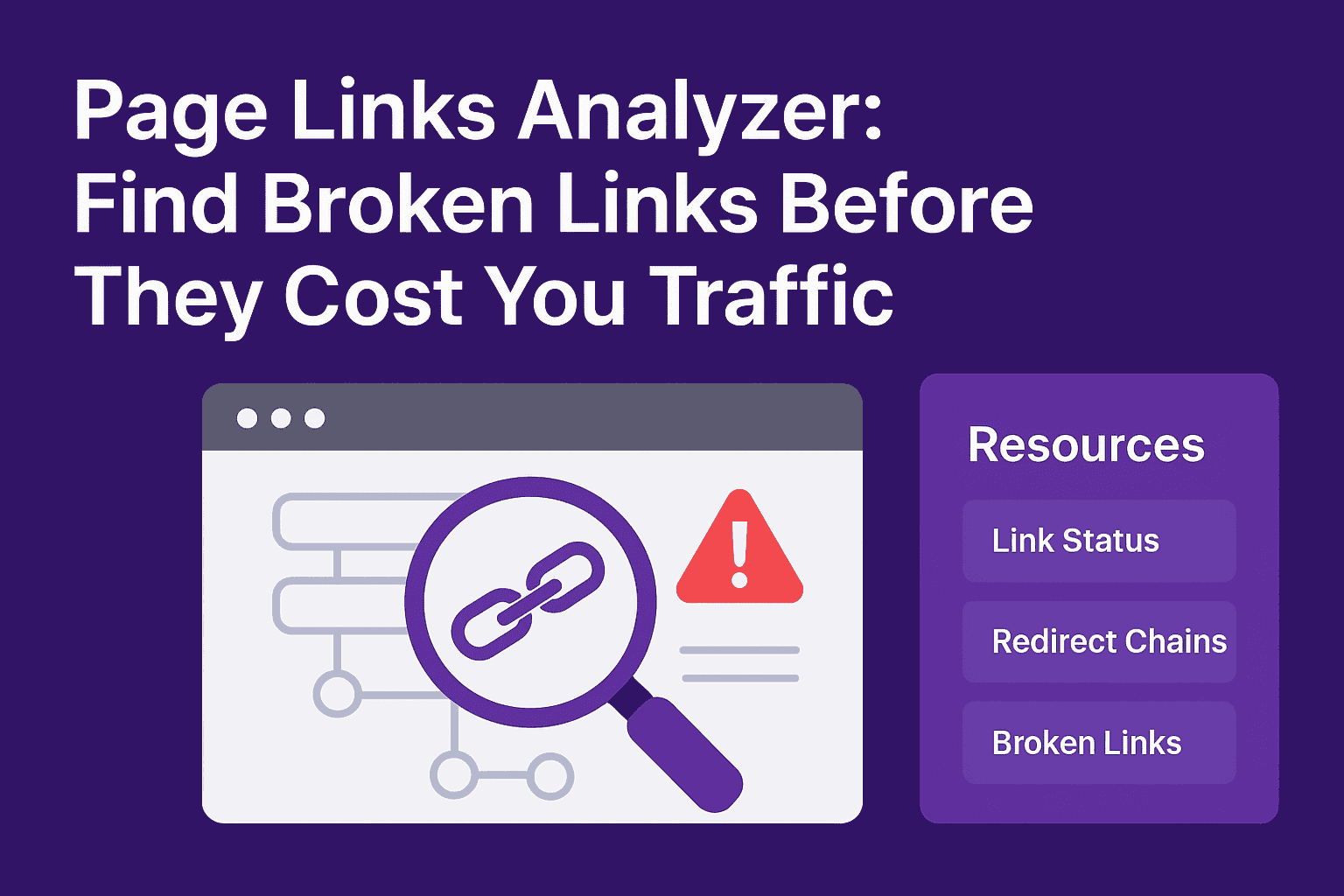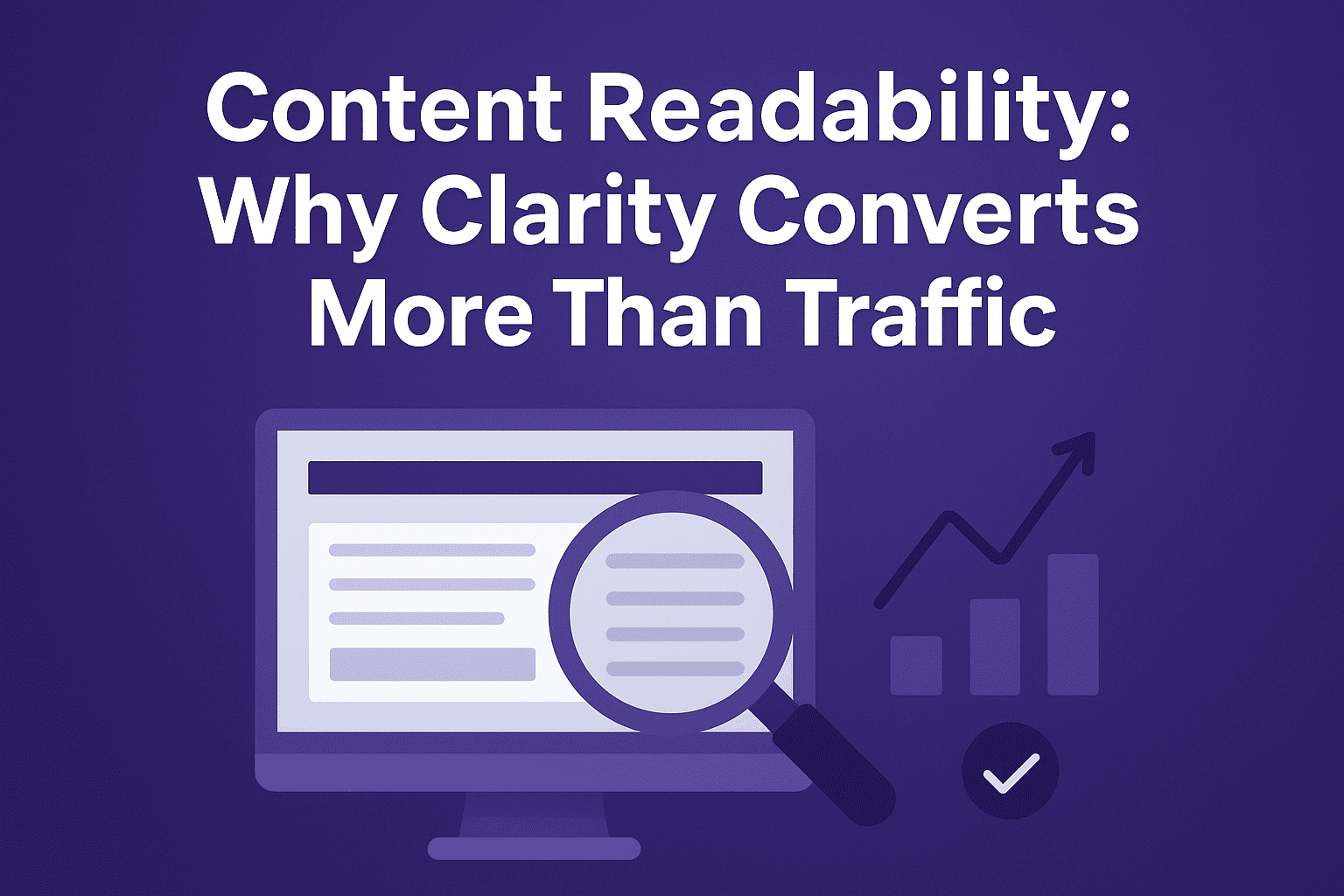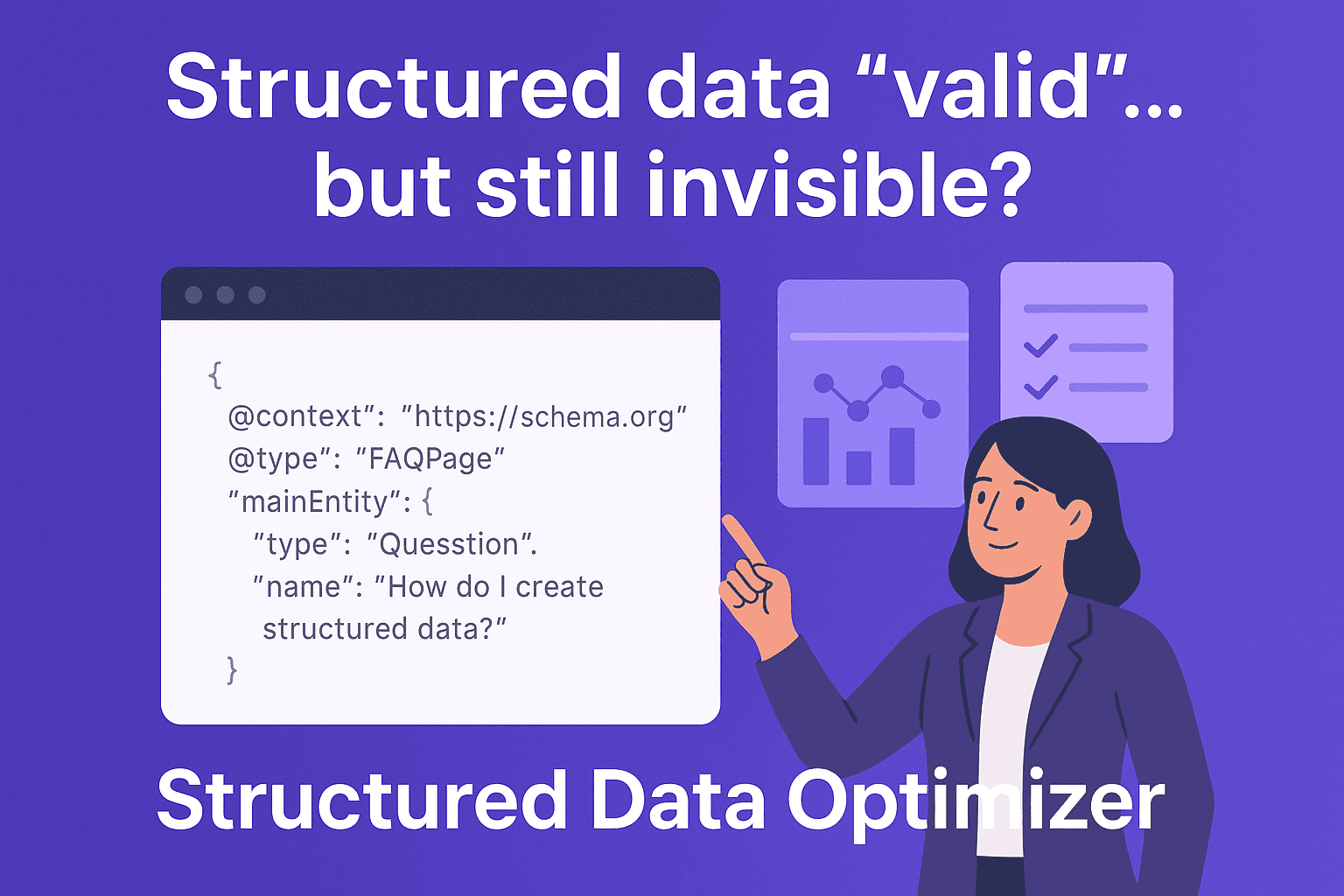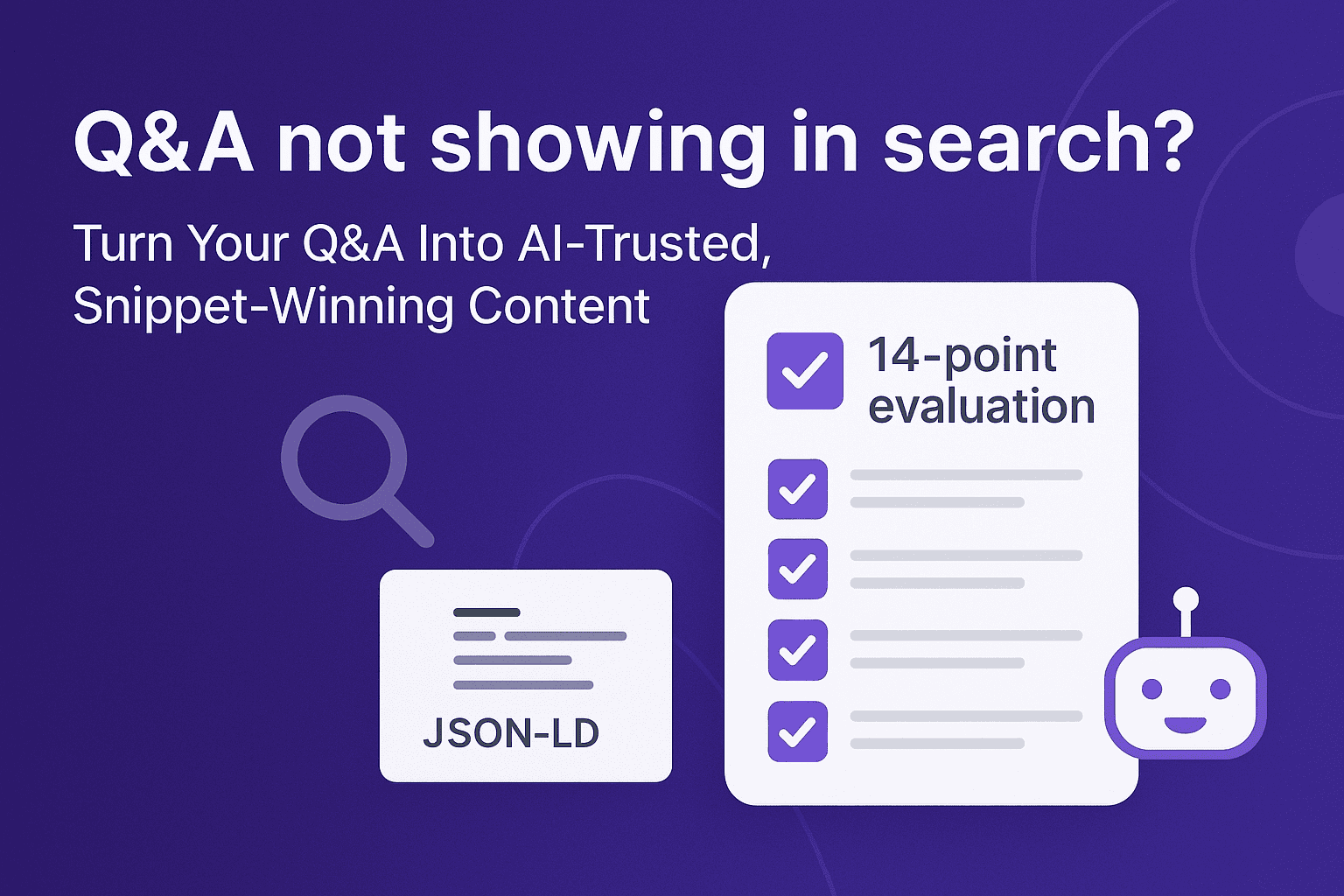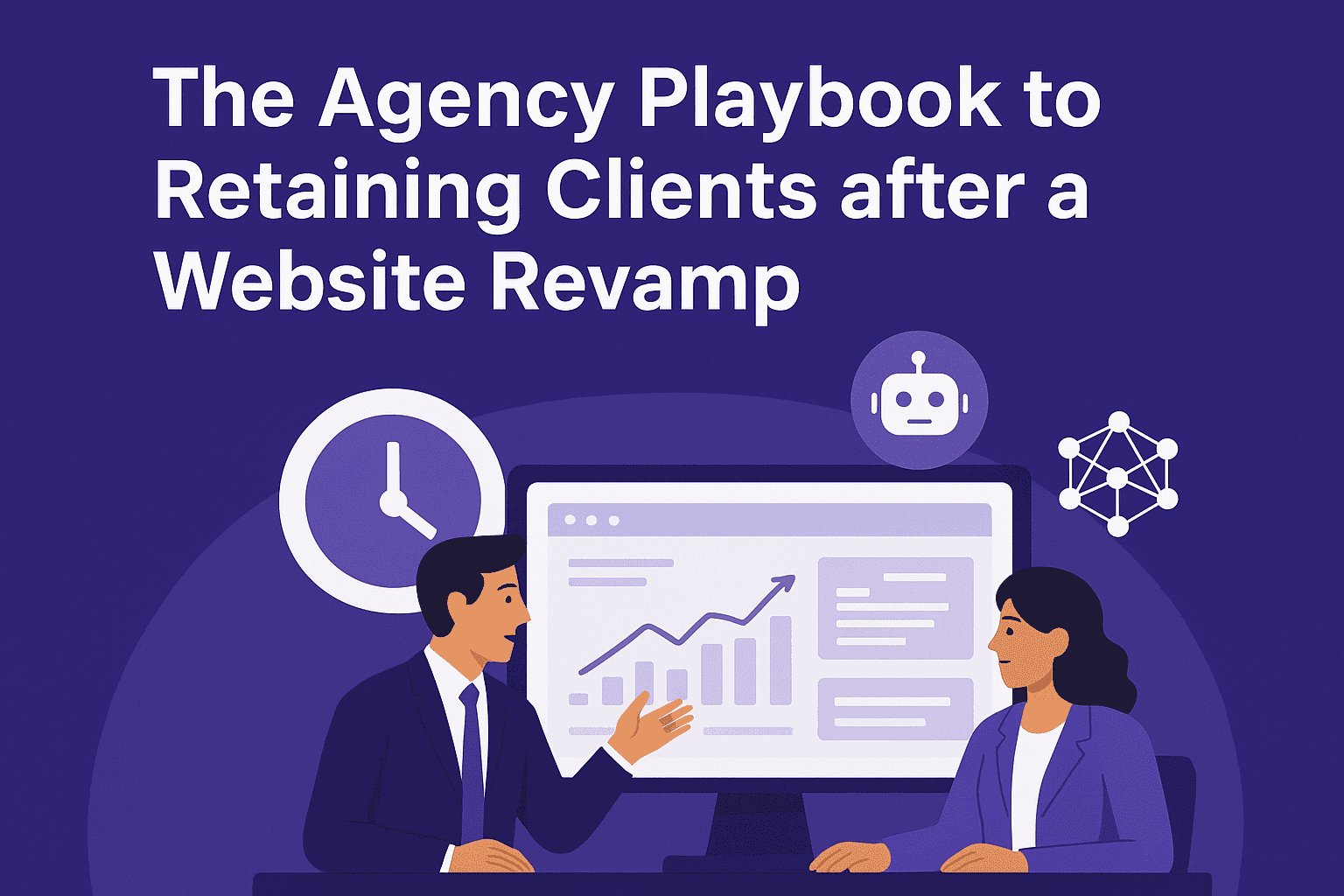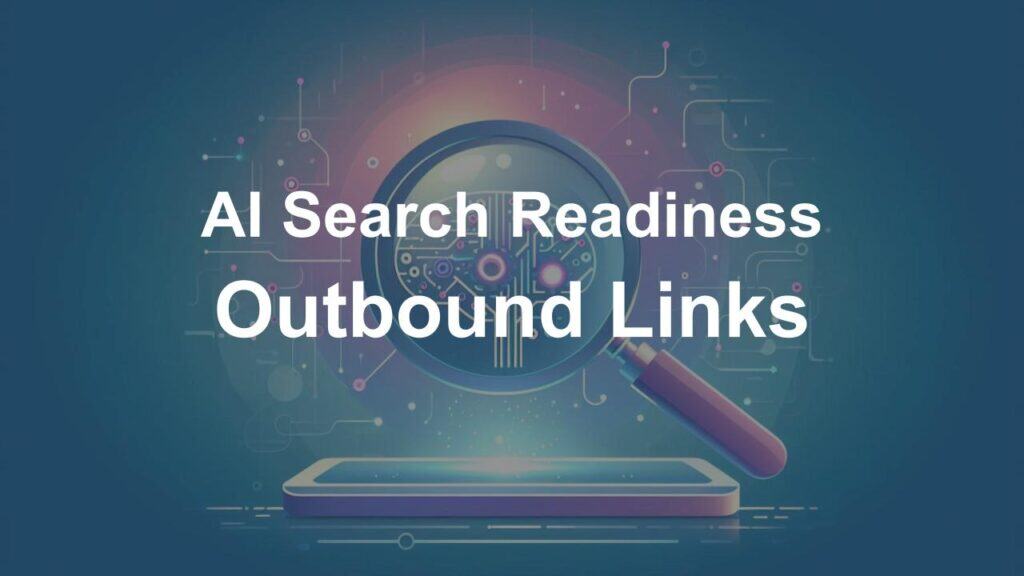
When it comes to SEO, everyone talks about keywords, backlinks, and internal links. But there’s one element that often gets overlooked—outbound links. Just like we discussed in our earlier post on Semantic Heading Hierarchy—where the structure of your content helps both readers and AI understand context—outbound links serve a similar purpose. They show that your content doesn’t exist in isolation but is backed by credible, authoritative sources.
Linking out to external references might seem counterintuitive (“Why would I send readers away from my website?”), but when done strategically, it can actually strengthen your content’s credibility and trustworthiness. Let’s dive into why outbound links matter, especially in today’s world of AI-driven search.
What Are Outbound Links?
Outbound links are simply hyperlinks from your website to another external site. For example, if you write an article about heart health and link to the American Heart Association, that’s an outbound link.
They differ from:
- Internal links → links within your own website.
- Backlinks → links from other sites pointing to your content.
Outbound links show your audience (and search engines) that you’ve done your research and that your claims are backed by reliable sources.
Quick Refresher: What is E-E-A-T?
E-E-A-T stands for Experience, Expertise, Authoritativeness, and Trustworthiness. It is a quality guideline used by Google to assess how reliable and credible a piece of content is.
In simple terms, E-E-A-T answers the question: “Should readers (and search engines) trust this content?”
Here’s what each element means:
- Experience → First-hand knowledge or practical insights on the subject.
- Expertise → Demonstrated skill or professional understanding of the topic.
- Authoritativeness → Recognition and credibility from others in the industry.
- Trustworthiness → Accuracy, honesty, and transparency in the content.
Together, these factors help determine whether your page deserves to rank higher, especially for topics where accuracy really matters.
Why Outbound Links Matter for SEO & AEO
Search engines and AI systems (like Google’s AI Overviews or Perplexity) look for trust signals to determine whether your content is worth surfacing. Outbound links are one of those signals.
When you reference credible, up-to-date sources, you’re not just making claims—you’re backing them up. This:
- Strengthens your E-E-A-T profile.
- Improves your chances of being included in AI-driven snippets and summaries.
- Builds reader confidence that your content is well-researched.
The Role in YMYL Topics
Google pays special attention to YMYL (Your Money or Your Life) topics, which include health, finance, and legal advice. In these areas, misinformation can have serious consequences.
Outbound links to trusted authorities—like government websites, medical institutions, or financial regulators—help prove your content is both accurate and responsible. If you’re publishing YMYL content without citations, you risk losing trust and visibility.
Best Practices for Outbound Links
Not all outbound links are equal. To get the benefits without the downsides, follow these tips:
- Choose reputable sources → .gov, .edu, leading organizations, or widely trusted publications.
- Keep it relevant → Don’t link just for the sake of linking; make sure it adds value to your point.
- Use natural anchor text → Describe the source or claim rather than stuffing in keywords.
- Be selective → Not every page needs outbound links, but use them for factual claims, data, or sensitive topics.
Common Mistakes to Avoid
- Linking to competitors unnecessarily.
- Relying on outdated or low-quality sources.
- Over-optimizing with exact-match anchors (which looks spammy).
Outbound links should enhance—not dilute—your content.
Outbound Links in the Age of AI Search
With AI systems like Google’s AI Overviews and Perplexity shaping results, outbound links matter more than ever. By citing authoritative sources, you signal to AI crawlers that your content is reliable—boosting the chances of being featured in summaries and snippets.
Conclusion
Outbound links aren’t just “extra credit.” They build trust, strengthen E-E-A-T, and improve visibility in AI-powered search. To go further, Purple Leaf’s AI Readiness checker helps ensure your content, citations, and structure are optimized for the future of search.
